“The river does not struggle to reach the ocean, yet it carves through mountains.” – Unknown
“Try harder”.
Somewhere inside all of us, there is a small voice whispering, “just try harder”.
Ok, maybe it’s just me, but I am sure I am not the minority.
Can’t lift your arm? “Try harder”.
Can’t lift a heavy leg? “Put more effort into it”.
Catching your toe when you are walking? “Try harder”
Whatever the “movement problem” might be, the response (I see) is often some variation of “try harder”.
If you have the mantra “try harder” playing in the background, credit to the well-intentioned authority figure in your development years for planting the seed (when you were learning a seemingly “critical life skill”)
I hate to “bash” a well-intentioned authority figure, but the “try harder” playlist is not always ideal in adulthood. In particular, when “adulting” includes relearning said “critical life skills”.
I spent my high school years in a beach town on the southeast coast of Florida, a place that has invested heavily in protecting its coastline. As a result, traversing the shore often means navigating long, steep boardwalks—bridging the gap between concrete sidewalks and the vulnerable grains of sand. Walking along the wooden planks and descending the sharp staircase, you can’t help but notice the dense, unyielding vegetation beneath your feet—placed (in part) to battle against the persistent and unrelenting attempts of the salt water to “seize” our coast.
Spending all of my adult life surrounded by water, it is one of my favorite contradictions in nature. Gentle, yet at times, overbearing.
That said, I can’t think of a better metaphor for neurologic recovery.
I am far from an oceanographer, but my “ascientific opinion”, is that hurricanes get all the blame for what the small, gentle, consistent ripples of water quietly accomplish day after day, gradually transforming the shoreline in ways that are often under-appreciated until they become obvious.
Whether you are trying to “lift a heavy leg” or want to walk a 5k, “trying harder” is no different than relying on the next big “surge” of energy (motivation, muscle “strength”, “inspiration”…etc). While neglecting the change that can occur by the small, seemingly “insignificant efforts”.
Fun fact, swing phase of walking (the time when the “working leg” is off the ground) is 38% of the walking cycle. Yet, it is not uncommon for someone after a neurologic injury to think about lifting the leg for the entire gait cycle. “Try harder”. MORE effort. MORE power.
10,000 steps per day is often “recommended” to reduce the risk of chronic disease. But what gets less attention are the health benefits that occur when someone starts walking as little as 2,200 steps per day.
Slow and steady wins the race. Full stop.
What “race” you might ask?
The race toward feeling a sense of accomplishment.
The race to a more “disciplined” version of you.
The race toward faster, more efficient walking.
The race toward greater balance confidence without the fear of falling.
The race toward greater joy, peace, and contentment. Process far and above destination.
Small ripples of “effort” done consistently within a given “gait cycle” or a given month will do more to re-shape the “quality” of your movement than the “surge”.
Today and every day, do everything you can to make as many ripples as possible with the resources that are currently available.
Trust the process.
And patiently wait as your little daily efforts transform you into a better, more resilient, more capable version of yourself.
Strategy over “strength”
I am a “fixer”. I see problems or potential problems and I immediately jump in headfirst to “fix” said problem. I can also sometimes be an “avoider”. Look ahead to avoid potential problems. Finally, and most importantly, I am NOT a “tread-er.” Rarely do I find it...
Don’t believe your lying eyes
If you want to change an area of your life, start with the smallest habit you can consistently do to move you in that direction. Seeing is believing. Personally, this strategy has been effective with fitness, academic, and business goals. If you want to run a...
The tail of two nails
Whether you believe it to be true or false, you are right. A british journal published a case of a construction worker who jumped off a plank landing on a nail that punctured straight through his shoe emerging on the other side. In terrible pain, the man was sedated...
When “fantacy” overshadows reality
When was the last time you remember having to think about how to retrieve a glass of water from a table? If you are a healthy adult, probably never. You see, there are skills that require “motor planning”. However, most activities of daily living are automatic. That...
Why you strive for more
Health is the greatest gift; Contentment is the greatest wealth - Siddhartha Gautama Feeling a little bit of discontentment is an extremely effective motivation to move toward a specific goal. Folks with financial “wealth” will often credit their drive to growing up...
Choose your gemstones
Feeling frustrated by your lack of progress? If so, you are on the right track. BIG things are about to happen. Frustration is a sense of discouragement, anger, and annoyance because of unresolved problems or unfulfilled goals, desires, or needs. I don’t like feeling...
Why do you do what you do?
Why do we do what we do? “Good” behavior or “bad”, if progress is a high priority, it’s an essential question. Are you doing what you need to do to make progress? If not, you aren’t alone. I think we have all had a time in our lives when we lacked confidence in our...
Secret to win the game of life
"Just look on the brite side". I was recently watching a self-proclaimed “optimist” teach about all the benefits of optimism. His second most jarring statement was something like, “You must be an optimist to succeed.” I will “circle back” to number one....
Routines are overrated
What would I be without my routine...... Some days I arrive at my office and can’t really remember much about the trip. My “autopilot” is something I appreciate. My drive allows me time each day to think through a problem and/or a solution to a problem. As a...
Suboptimal Coping Strategies…
Control is an alluring coping strategy in challenging times. I credit most of my upper body strength to Chico. My workout includes rows, bicep curls, arm rotation, trunk rotation and occasional back extension. I do this workout about 3-4 times a day. It is brutal....


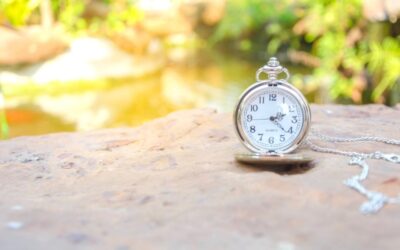

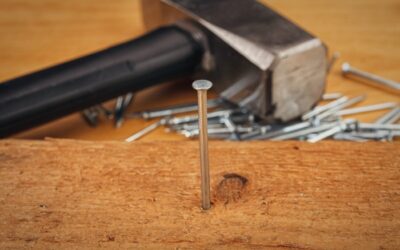
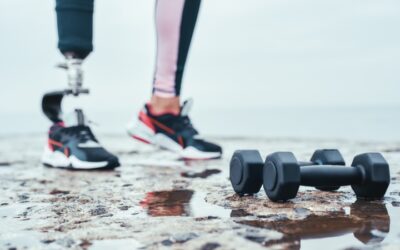


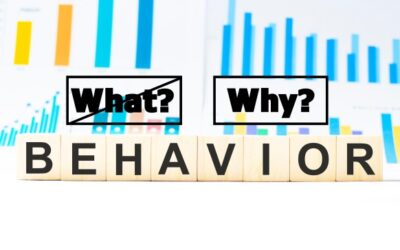

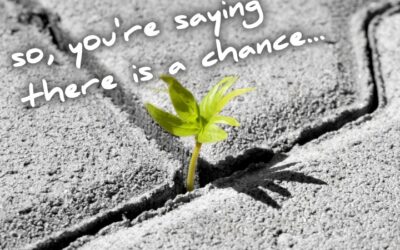

Thank you, I needed to hear that today, because I have totally stopped all this try harder .. and just let go and let my body dictated and I have felt the gentle little recoveries that you mention… they are tiny in anyone eyes, but huge for me. An example, a few months back I bought a rebounder and used it, as you do, religiously every day for a few weeks and then less and less. Two days ago I stepped on it again and lo and behold,I was able to achieve lift off with both legs.. I am still holding on to the bar of course , but I felt so proud.
And there is other little gains… I am able to get into the backseat of the car without the front seat having to be adjusted, my daughter is driving now and my husband has to sit next to her.. so huge gains..
And yet every time someone asks me are you still doing your exercises, I straight away feel guilty… so this was balm to my soul..
This is SOOO great Sigrid! You are such an inspiration and are so valuable to this community here and on youtube!! Keep going and keep inspiring! And of course, keep sharing your wins! Getting in the car without moving the seat means so much about the quality of your leg movement! I am proud of you!